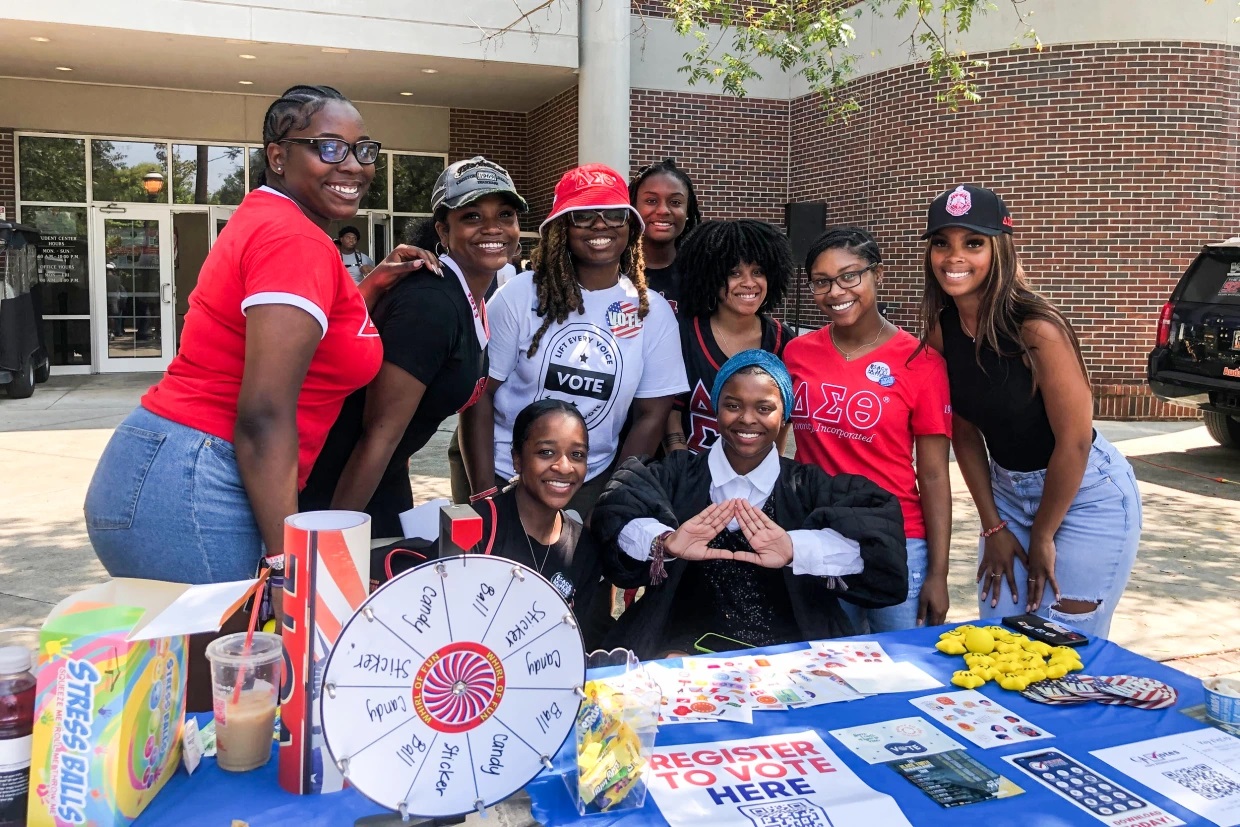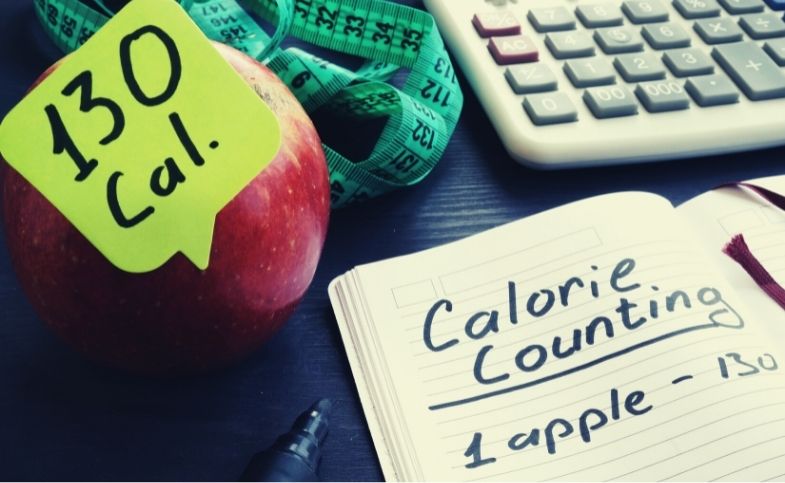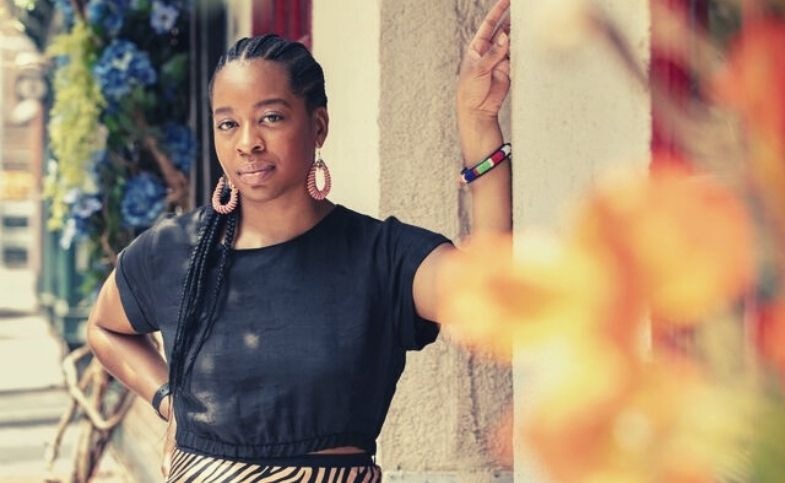On the morning of September 20th, when students at Clark Atlanta University walked along the campus promenade on their way to and from class, a group of their classmates greeted them with a simple message: vote.
A senior at Clark Atlanta University, Janiah Henry is the head of the university’s civic engagement campaign CAU Votes. “We wanted to make sure we were in students’ faces,” she said. We utilized dynamic tables. Food trucks were present.
On National Voter Registration Day, the group collaborated with Greek fraternities and sororities and other area nonprofits to host a voter registration event. Among the several historically Black schools and institutions in Georgia is Clark Atlanta University.
She explained that their goal was to register eligible Georgia residents to vote in the upcoming midterm elections. Over five hundred kids signed up and committed to voting because of our efforts.
Henry, now 20, has advocated for civic participation since she was 13 years old, but she never expected so many young Black voters to become involved and change Georgia’s political landscape.
This year, 2018, marked a shift. African-American students in Georgia realized they needed to take action after Stacey Abrams’ lost run for governor and before the 2020 presidential election to increase the number of African-Americans who cast ballots in Georgia. As a group, young voters have historically had some of the lowest turnout in the country, and between 2012 and 2016, Black student voting plummeted by 5.3%.
The Center for Information and Research on Civic Learning and Engagement (CIRCLE) at Tufts University’s Jonathan M. Tisch College of Civic Life revealed that 90% of Black teenagers voted for Joe Biden in 2020, despite only accounting for 20% of the state’s votes. The youthful voters of Georgia contributed to the blue wave that swept the formerly Republican state.
Many grassroots organizations, like the Campus Vote Project, Rise, the New Georgia Project, and others, worked to energize young Black voters, which contributed to the victory. Now, as the Georgia midterms draw near, student-led groups are keeping the enthusiasm going through social media challenges, voter activities at HBCU homecomings, and other similar initiatives.
What I’ve seen has been nothing short of incredible. “I think my generation brings something different,” Henry remarked, recognizing the difficulties of boosting turnout for midterm elections.
She remarked, “Organizing around the midterms has been a bit difficult due to people not understanding the importance of the midterms.” People’s anger in the primaries and the general election may be traced back to their neglect of the midterms, but this is rarely acknowledged. We do everything we can to impress upon the pupils the significance of this period. Our message to Georgia’s youth is just that.
Raising Black youth turnout at the polls has been a difficult task. First, supporters of voting rights wanted to figure out why Black students weren’t using their franchise. Through the HBCU Legacy Initiative of the Campus Vote Project and in collaboration with the NAACP Youth and College Division, a study was published in 2022 detailing the many obstacles Black students at HBCUs face while trying to cast a ballot. Misinformation among students was another issue, along with a lack of resources and institutional backing for civic involvement initiatives.
In light of the study, organizers have begun a series of campaigns aimed specifically at young Black voters, including social media challenges, livestreams with Black leaders, voter drive events during HBCU homecomings, and campus tours to promote voting. Practical outreach has been boosted, alongside internet engagement and voter registration events complete with games, prizes, food, and music.
“We’ve been working to get early voting sites on campuses,” said Ciarra Malone, the Georgia coordinator for the Campus Vote Project. “That’s very essential because, when you consider students’ course loads and job schedules, it becomes clear that they can’t always make it to the precinct specifically allocated for them between the hours of 7 a.m. and 7 p.m. That’s why it’s so crucial to facilitate access to universities.

Listen to “The Power of the Black Vote,” an audio series from Into America. In preparation for the upcoming midterm elections in 2022, presenter Trymaine Lee travels to some of the country’s top historically black colleges and universities (HBCUs) to meet the next generation of Black voters who will have a significant impact on the country’s trajectory. Just hear what I have to say.
Malone, a graduate of Kennesaw State University in the year 2020, claims that the organization has helped students go to the polls by arranging for them to use Uber vouchers and other forms of transportation. Increasing the number of young voters, she said, requires educating them on topics like where to vote and register, absentee voting, making a strategy for the upcoming election, and studying the subjects that will be on the ballot.












